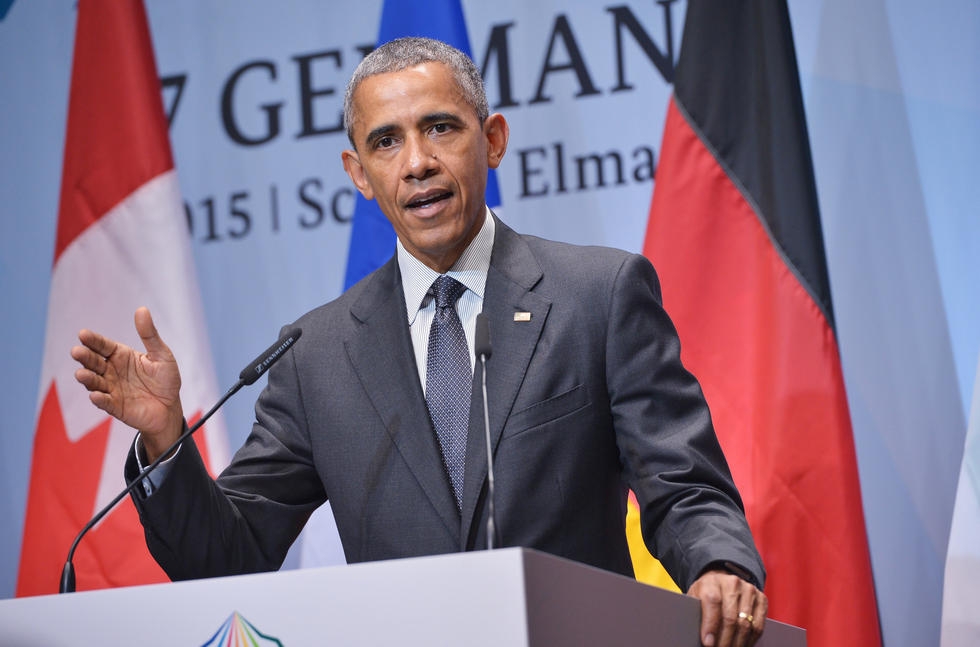US Supreme Court says Jerusalem-born citizens cannot list birthplace as Israel

The American president rather than Congress has the authority to decide policy on matters of sovereignty, such as the US stance on the status of Jerusalem, the Supreme Court ruled Monday.
The top court was called to rule on the matter after lawmakers passed a law allowing the passports of Jerusalem-born US citizens to record their birthplace as "Jerusalem, Israel."
In 2002, despite opposition from then-president George W. Bush, Congress passed a law obliging the US government to accept this designation upon request.
But, after lengthy deliberations, the court decided that this law "infringes on the executive's consistent decision to withhold recognition with respect to Jerusalem".
Israel regards Jerusalem - which it has fully controlled since the end of the 1967 Six Day War - as its undivided capital, while Palestinians see much of the city as occupied territory.
Washington and the broader international community have not recognised Jerusalem as Israel's capital and its final status is one of the thorniest issues in the Middle East peace process.
In a decision that had been keenly anticipated since a hearing on the issue in November last year, the court upheld the White House's right to ignore Congress's attempt to force the issue.
"The provision forces the president, through the secretary of state, to identify, upon request, citizens born in Jerusalem as being born in Israel when, as a matter of United States policy, neither Israel nor any other country is acknowledged as having sovereignty over Jerusalem," the court said in a ruling presented by Justice Anthony Kennedy.
Six of the nine Supreme Court judges, including the three Jewish members of the bench, backed the ruling, but Chief Justice John Roberts objected.
"Today's decision is a first: never before has this court accepted a president's direct defiance of an act of Congress in the field of foreign affairs," he argued.
Bush signed Congress' 2002 bill into law, but accompanied his assent with a note objecting to the clause authorising Jerusalem-born US citizens to request "Israel" be written in their passports.
New MEE newsletter: Jerusalem Dispatch
Sign up to get the latest insights and analysis on Israel-Palestine, alongside Turkey Unpacked and other MEE newsletters
Middle East Eye delivers independent and unrivalled coverage and analysis of the Middle East, North Africa and beyond. To learn more about republishing this content and the associated fees, please fill out this form. More about MEE can be found here.




